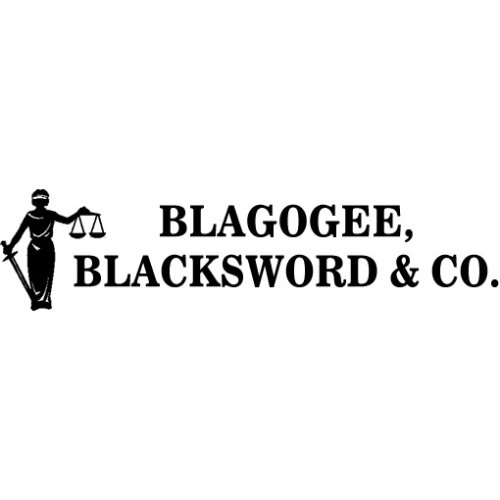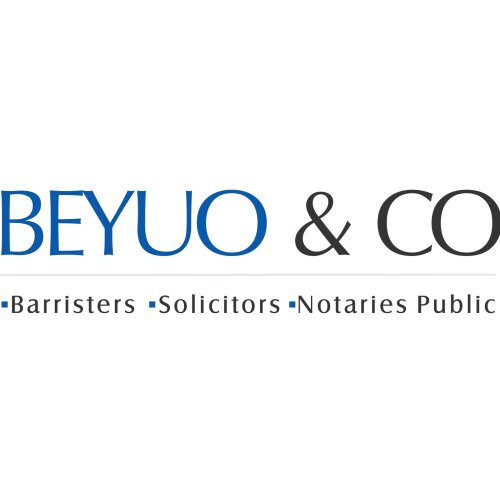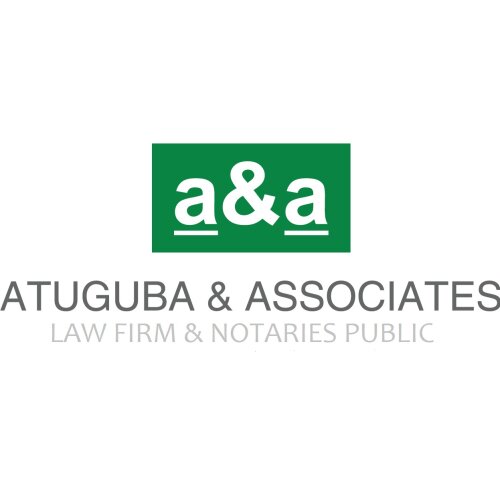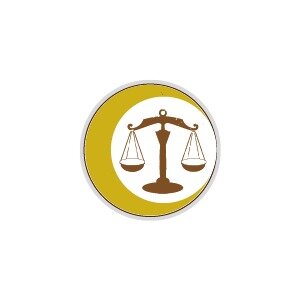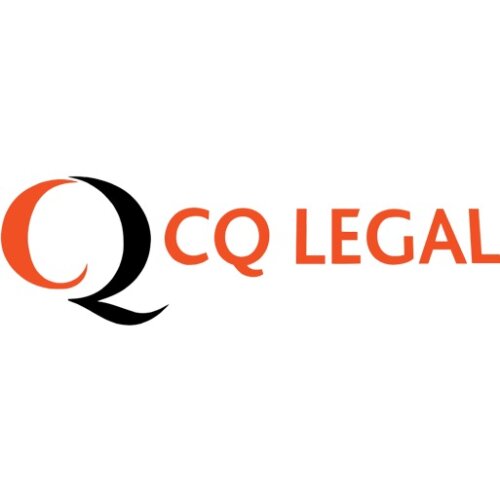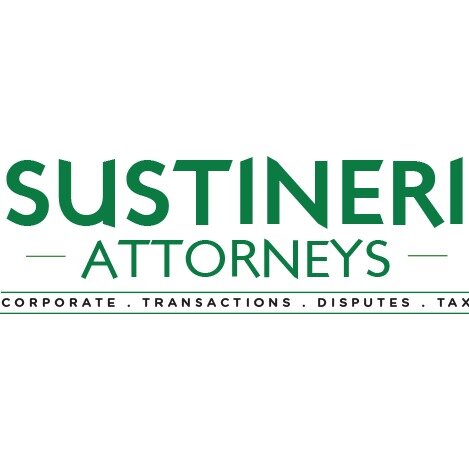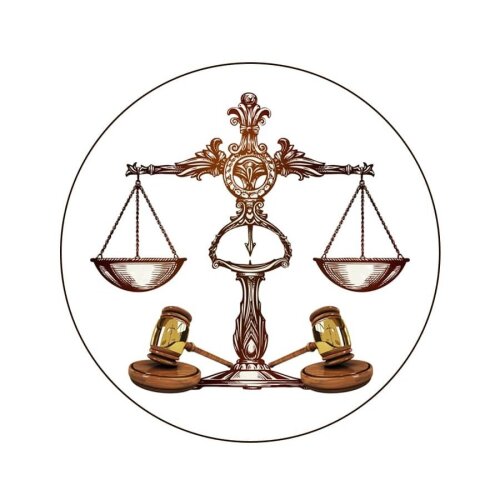Best Appeal Lawyers in Accra
Share your needs with us, get contacted by law firms.
Free. Takes 2 min.
List of the best lawyers in Accra, Ghana
About Appeal Law in Accra, Ghana
In Accra, Ghana, appeal law is an integral part of the judicial system, enabling individuals and entities to challenge decisions made by lower courts if they believe that an error of law or fact has been made. The process involves submitting an appeal to a higher court, which then reviews the original decision for procedural or substantive legal errors. Appeals can be made on various grounds, including misinterpretation of the law, improper procedure, or an assessment of evidence that is said to be unreasonable or erroneous. The main appellate courts in Accra are the High Court, the Court of Appeal, and the Supreme Court, which is the highest appellate court in Ghana.
Why You May Need a Lawyer
Individuals may seek legal help in the field of appeal for a number of reasons. Commonly, a person may feel that the outcome of a legal case did not serve justice, perhaps due to legal mistakes in the trial, misapplication of the law, or unfair sentencing. In other instances, new evidence may emerge that could crucially affect the case outcome. Legal representation is critical in these situations as appellate proceedings are complex and require a deep understanding of legal procedures and advocacy skills to effectively argue for an overturned or altered decision.
Local Laws Overview
Key aspects of the local laws governing appeals in Accra, Ghana, include the following:
- The need to file a notice of appeal within a specified time frame after the judgment has been given - typically within 21 days for civil cases and 3 days for criminal cases from the date of the decision.
- Grounds for appeal must be clearly stated, which can include legal errors, jurisdictional issues, or problems with the admission or rejection of evidence.
- Appeals are not re-trials; the appellate court reviews the record of the lower court proceedings and may or may not allow for additional evidence to be presented.
- Some appeals require leave (permission) from either the court that made the decision or the court to which an appeal is being made.
Frequently Asked Questions
How do I know if my case is eligible for an appeal?
Your case is eligible for an appeal if you believe there has been a legal error or miscarriage of justice in the original ruling. However, it's advisable to consult with a lawyer who can assess the merits of your case and determine if an appeal is justifiable.
What is the difference between an appeal and a retrial?
An appeal is a legal process where a higher court reviews the decision of a lower court. A retrial, on the other hand, involves completely re-hearing the case as if it were being tried for the first time.
How long do I have to file an appeal?
The time limit for filing an appeal varies based on the nature of the case, but generally ranges from 3 to 21 days after the initial judgment or ruling.
Can I submit new evidence during an appeal?
Typically, new evidence is not admitted during an appeal unless it's proven that this evidence could not have been obtained with reasonable diligence for the original trial.
What happens if I win my appeal?
If you win your appeal, the appellate court may reverse or modify the lower court's decision. In some instances, the case may be remanded for a new trial or further proceedings consistent with the appellate court's directive.
Is it expensive to file an appeal?
The cost of filing an appeal can be significant, factoring in court fees, lawyer's fees, and the preparation of legal documents. It's advisable to discuss the likely costs with an attorney before proceeding.
Can I represent myself in an appeal case?
While you have the right to represent yourself, it is generally not recommended due to the complexities involved in appellate law. Professional legal representation is highly advised.
How is the appeals process different in civil and criminal cases?
In criminal cases, the right to an appeal is typically a fundamental right due to the liberty interests at stake. The standards and procedures in criminal appeals may also vary from civil appeals, where the right to an appeal can be more limited.
What does "grounds for appeal" mean?
"Grounds for appeal" refer to the specific reasons why you believe the original court's decision was incorrect or unjust, such as legal errors, improper jury instructions, or issues with evidence admission.
What is a 'leave to appeal'?
'Leave to appeal' is legal permission required for certain types of appeals, which you must obtain to proceed. It is usually sought when the law requires a preliminary determination that there is a question of law or public importance.
Additional Resources
For those in need of assistance or more information on appeal procedures in Accra, Ghana, the Judicial Service of Ghana and the Ghana Bar Association are excellent resources. They offer guidance and may provide access to legal representation for appellants.
Next Steps
If you need legal assistance in an appeal, the initial step is to consult a lawyer specializing in appellate law to discuss the specifics of your case. It is crucial to act swiftly due to the time-sensitive nature of filing appeals. A skilled lawyer will help you navigate through the complex legal procedures and ensure that your appeal is filed correctly and on time.
Lawzana helps you find the best lawyers and law firms in Accra through a curated and pre-screened list of qualified legal professionals. Our platform offers rankings and detailed profiles of attorneys and law firms, allowing you to compare based on practice areas, including Appeal, experience, and client feedback.
Each profile includes a description of the firm's areas of practice, client reviews, team members and partners, year of establishment, spoken languages, office locations, contact information, social media presence, and any published articles or resources. Most firms on our platform speak English and are experienced in both local and international legal matters.
Get a quote from top-rated law firms in Accra, Ghana — quickly, securely, and without unnecessary hassle.
Disclaimer:
The information provided on this page is for general informational purposes only and does not constitute legal advice. While we strive to ensure the accuracy and relevance of the content, legal information may change over time, and interpretations of the law can vary. You should always consult with a qualified legal professional for advice specific to your situation.
We disclaim all liability for actions taken or not taken based on the content of this page. If you believe any information is incorrect or outdated, please contact us, and we will review and update it where appropriate.



